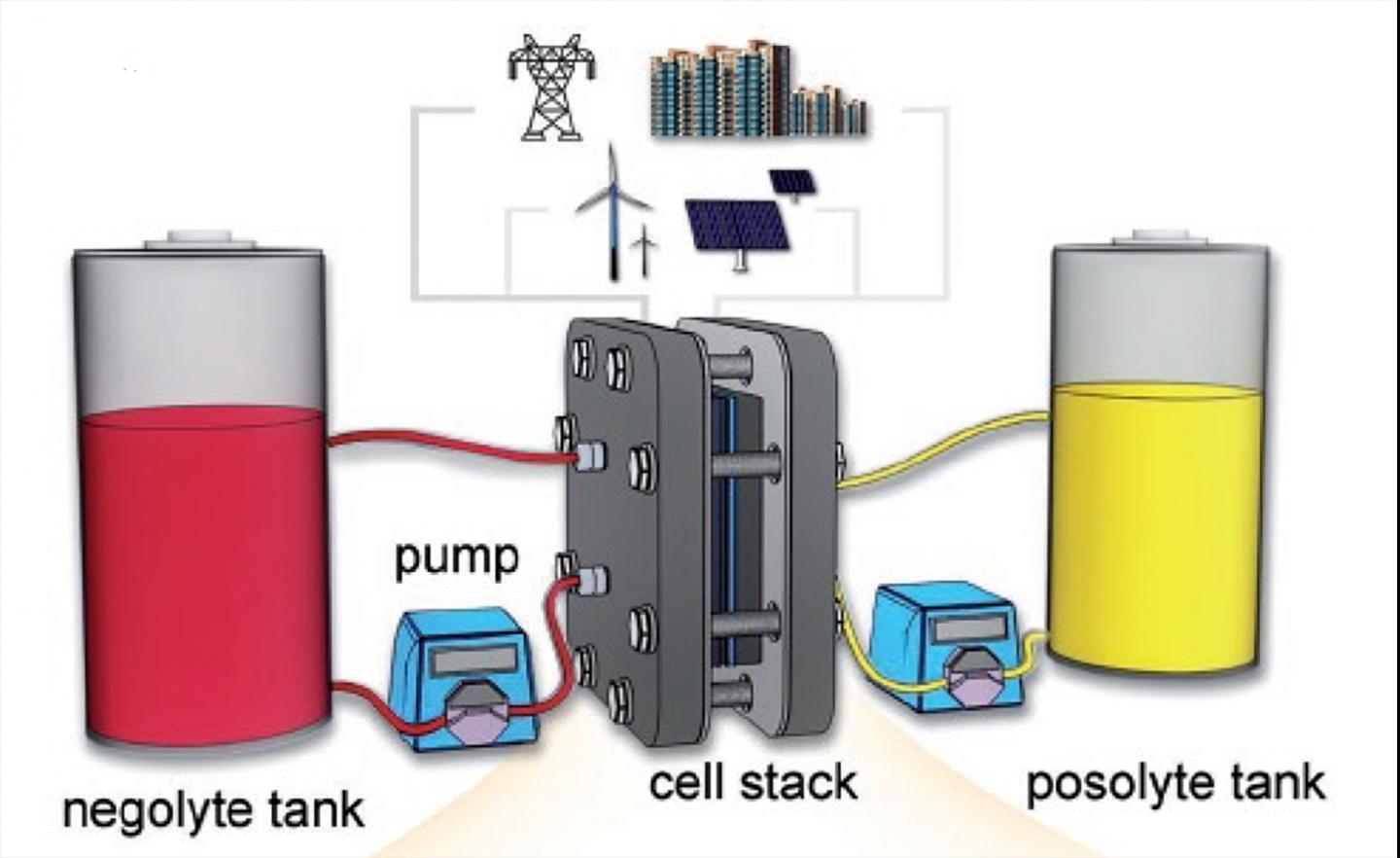Their invention could help the energy industry prioritize renewable sources like solar and wind

Credit: Image courtesy of Roy Gordon
On Thursday, October 10, Roy Gordon and Michael Aziz received a 2019 Eni Award for Innovation in Energy during a ceremony held at the Palazzo del Quirinale in Italy. Every year since 2007, Eni, a transnational energy company operating in 67 countries around the world, awards three major prizes for research in the energy and environment sectors. The Award is also known as the “Nobel Prize for Energy,” according to the Eni press release.
Gordon, the Thomas Dudley Cabot Professor of Chemistry and Professor of Materials Science, and Aziz, the Gene and Tracy Sykes Professor of Materials and Energy Technologies, earned this year’s Energy Frontiers award for designing a new type of battery that enables safer, more convenient energy storage from intermittent sources like wind and solar.
“The world needs to end its addiction to oil and gas,” Gordon said during his acceptance speech, “because these fossil fuels are polluting our atmosphere with carbon dioxide, overheating the earth and turning the oceans to acid.”
He and Aziz’s “flow battery” could help the energy industry prioritize renewable energy sources over fossil fuels. Since the sun sets and winds calm, renewable sources need an electrical storage system capable of holding large amounts of electricity for use during production gaps. Some batteries can already store high amounts of electricity, but they’re made with toxic materials like nickel, cadmium and lead, or rare ones like lithium and vanadium. Lithium batteries may have won the 2019 Nobel Prize in Chemistry, but the metal can be flammable and, therefore, less desirable for stationary batteries that store electrical energy at a much larger scale.
“Our ‘flow batteries’ are inherently safe, not poisonous or inflammable,” Gordon said. Since they use naturally abundant elements like carbon, hydrogen, and oxygen, they’re potentially cheaper, too.
Gordon is a green research veteran: He invented energy-conserving windows, solar cells that convert sunlight directly to electricity, and several improvements to electronics, including computers that can handle higher memory levels and processing speeds.
Next, Gordon and Aziz will continue to work with chemical companies to expand production of the chemicals required for their battery. In conjunction, they’re collaborating with battery makers to help them launch large-scale production, one step toward a future that no longer needs to burn fossil fuels for energy. “This technology is critical to sustaining the future of our civilization,” Gordon said.
###
Media Contact
Caitlin McDermott-Murphy
[email protected]
617-496-2618
Original Source
https:/





